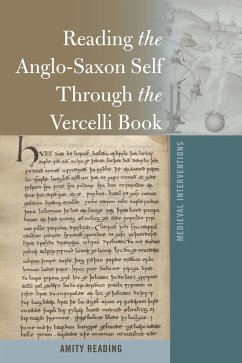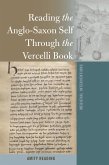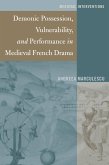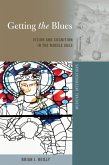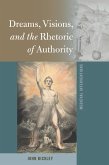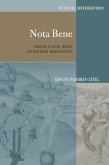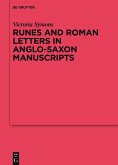Reading the Anglo-Saxon Self Through the Vercelli Book explores conceptions of subjectivity in Anglo-Saxon England by analyzing the contents and sources of the Vercelli Book, a tenth-century compilation of Old English religious poetry and prose. The Vercelli Book's selection and arrangement of texts has long perplexed scholars, but this book argues that its organizational logic lies in the relationship of its texts to the performance of selfhood. Many of the poems and homilies represent subjectivity through "soul-and-body," a popular medieval literary motif that describes the soul's physical departure from the body at death and its subsequent addresses to the body. Vercelli's soul-and-body texts, together with its exemplary narratives of apostles and saints, construct a model of selfhood that is embodied and performative, predicated upon an interdependent relationship between the soul and the body in which the body has the potential for salvific action. The book thus theorizes an Anglo-Saxon conception of the self that challenges modern assumptions of a rigid soul/body dualism in medieval religious and literary tradition. Its arguments will therefore be of interest to students and scholars of literature, history, philosophy, and religious studies and would be appropriate for upper-level courses on Old English literature, Anglo-Saxon history, sermons and preaching in medieval England, and medieval religious practice.
Dieser Download kann aus rechtlichen Gründen nur mit Rechnungsadresse in A, D ausgeliefert werden.

